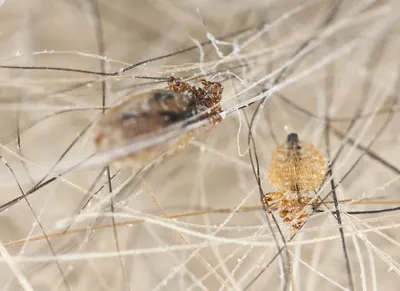
The report, which was recently issued by the World Health Organization, focuses on the insecticide “lindane,” which is frequently used to treat lice. The report is based on a number of major studies examining the use of lindane in both Canada and the United States. The studies revealed that exposure to lindane increased the risk of non-Hodgkin lymphoma by a remarkable 60-percent.
Lindane has been around for some time. Decades ago it was used by farmers to prevent insects from consuming crops. Its use for this purpose was eventually banned, though it continues to be used in head lice treatments sold in North America as well as China and India. (Specifically, lindane-based shampoo is used to treat lice infestations, while lindane lotion, which is applied directly to the skin, is designed to help treat scabies.) Remarkably, lindane-based lice products are still approved by the United States’ Food and Drug Administration (FDA).
It’s expected that will change soon, with the Canadian Paediatric Society and many other health organizations calling on an outright ban of lindane, particularly when used in products marketed at children and pregnant women.
The state of California banned lindane more than a decade ago after health experts raised concerns about it contaminating waste water. Subsequent studies showed that, following the ban, lindane levels in waste water had decreased.



